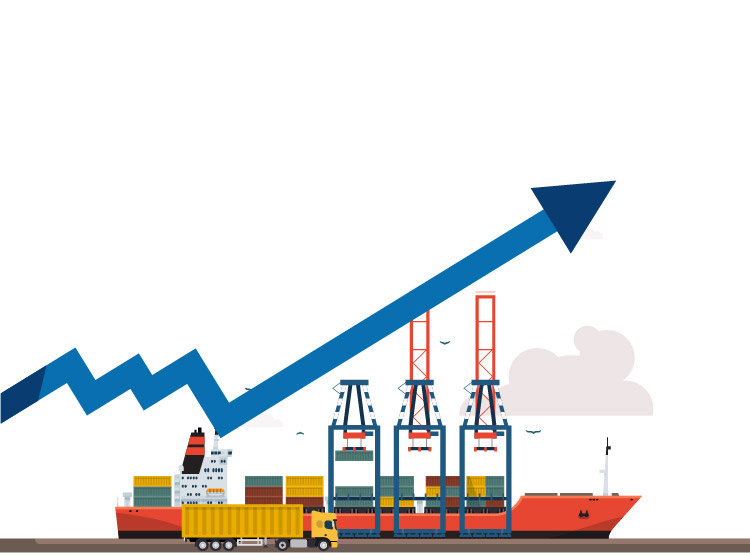Uganda Country Programme
Increasing Trade, Advancing Economies

Increasing Trade, Advancing Economies

As a land locked country, Uganda relies on the Northern Corridor as its lifeline to the Mombasa Port. Any delays along this corridor have a direct negative impact on the cost of trade, which in turn undermines both business competitiveness and consumer prices. Delays at both the Port, the border crossings at Malaba and Busia, and an array of non-tariff barriers along the corridor from Mombasa to Kampala resulting in cargo trucks spending a long time on the road. Others economic challenges including high trade deficit, high cost of doing business because of poor infrastructure and low value addition to agricultural produce including poor standards inhibit Uganda's economic progress.
TMA collaborated with the government of Uganda to facilitate programmes that reduce time and cost of doing business. These include:
Interviewed stakeholders indicated that TMAs involvement in the projects brought forward their completion schedules by 4 to 8 years.

The launch of TMA Uganda
TMA Uganda budget from 2010 to 2016


New trade in Uganda resulting from reduced trade costs brought about by evaluated TMA supported interventions.

Return on investment to date, from Electronic Cargo Tracking System, ASCYCUDA World, Authorised Economic Operators and Standards.
Project components include the Electronic Cargo Tracking System (ECTS), upgrade of the customsmanagement system ASYCUDA WORLD, and the Authorised Economic Operator (AEO) initiative.
Learn More about the URA custom modernisation programme.




Programme components include: Support the training of UNBS staff, modernising laboratories, review and adoption of standards policies, creation of quality and standards awareness amongst producers and consumers, advocacy for the adoption of National Standards and Quality Policy ensure sustainability.
Learn More about the UNBS project.
TMA supported SEATINI to: advocate for implementation of EAC standards on maize, draft the sesame standards and lobby for adoption, create awareness to at least 10,000 farmers in Nakaseke and Masindi districts and train them on ways of improving maize standards. The awareness campaigns have so far reached at least 21,000 farmers.
Learn More about the SEATINI project.

Through TMA support, MEACA strengthened its role in national coordination of raising awareness of regional integration. This contributed to an increase of volume of goods and services between Uganda and its neighboring EAC countries, and traders were able to identify opportunities and meet legal requirements
Uganda is the first country where the common market framework has been finalised.

Increased number of exemptions on the flow of goods and capital, after signing of the 2010 common market protocol. Ease of people to cross borders and transact through the activation of East African Identity card that works between borders of Kenya and Rwanda
Should you require further information contact [email protected]
